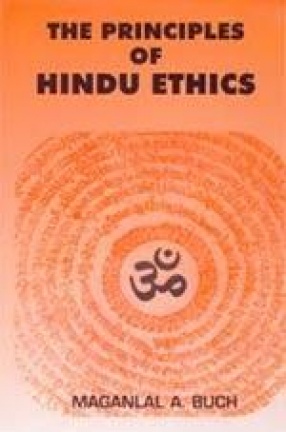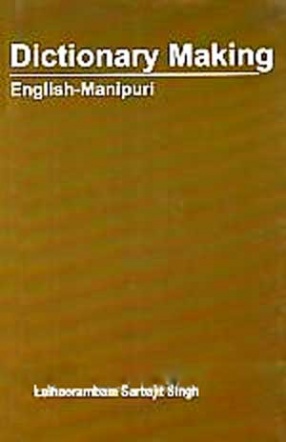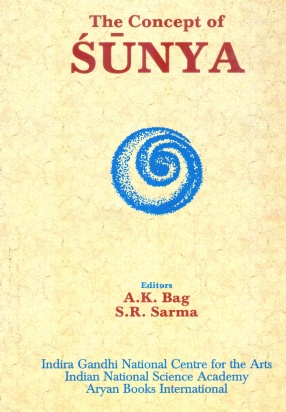The author had tried to trace out the ethical thought of the ancient Hindus from the early Rig-Vedic period down to the age of the Mahabharata and the Dharma-Shastras. The period covered here witness indeed the rise and fall of Hindu culture, its very interesting evolution in successive periods under diverse historical conditions. Yet while there is a rich diversity of moral ideals, presented to us during these periods of Hindu history, a clear thread of unity runs through all these. At no periods can we say that there is a sudden break or charm in the continuity of our civilizataion; and an unmistakable attempt was made at every new turn to trace the changes of thought or practice to some old authority. The Hindu ethical theory has therefore an organic coherence about it; its childhood, its period of adolescence, and its old age were all definitely connected with each other. Thus the unchanging East went on perpetually changing; and yet at every step forward it cast a constant glance at the past and thus preserved the unity of the Hindu social organism. The Hindu of today, though differing widely from the Vedic Aryan in almost every incident or accident of his position. The East is the discovery of the soul of Asia. The author also hope that a systematic study of the Hindu ethical thought will have an interest of its own for foreign scholars. It will help them to formulate a precise ethical theory comprehensive enough to meet all possible facts. Every people has an ethics of its own; its precise presentation is necessary in a vast, inductive study of ethical ideas of all time and all ages.
Dictionary Making: English-Manipuri
$41.40
$46.00





There are no reviews yet.